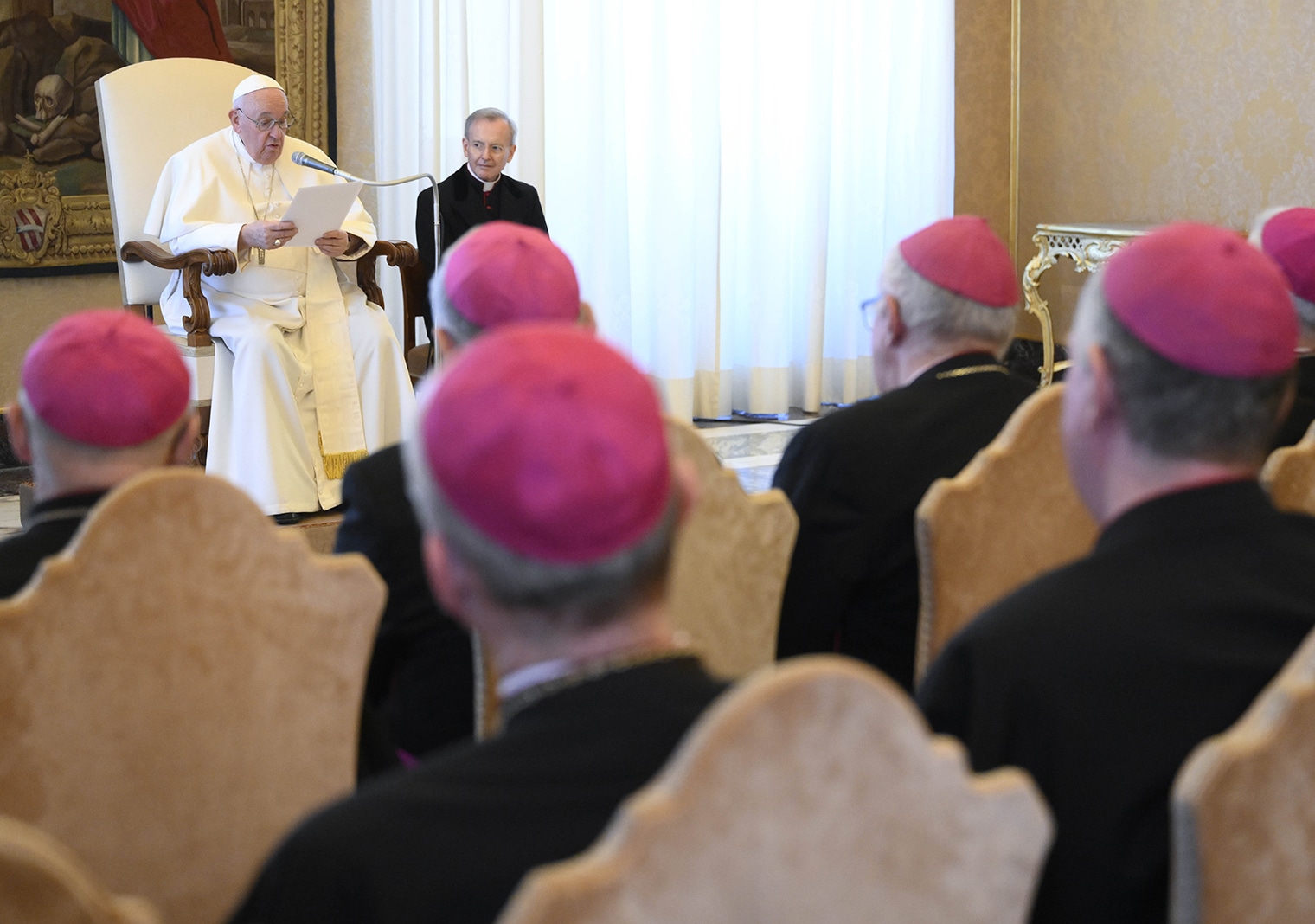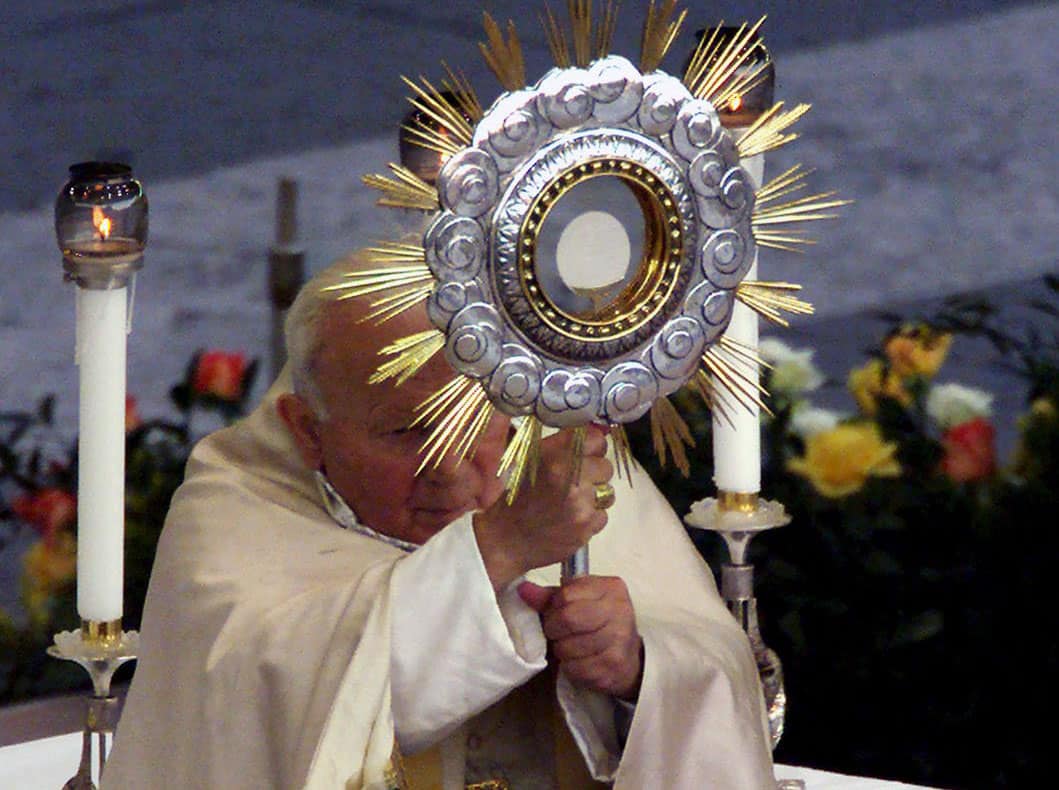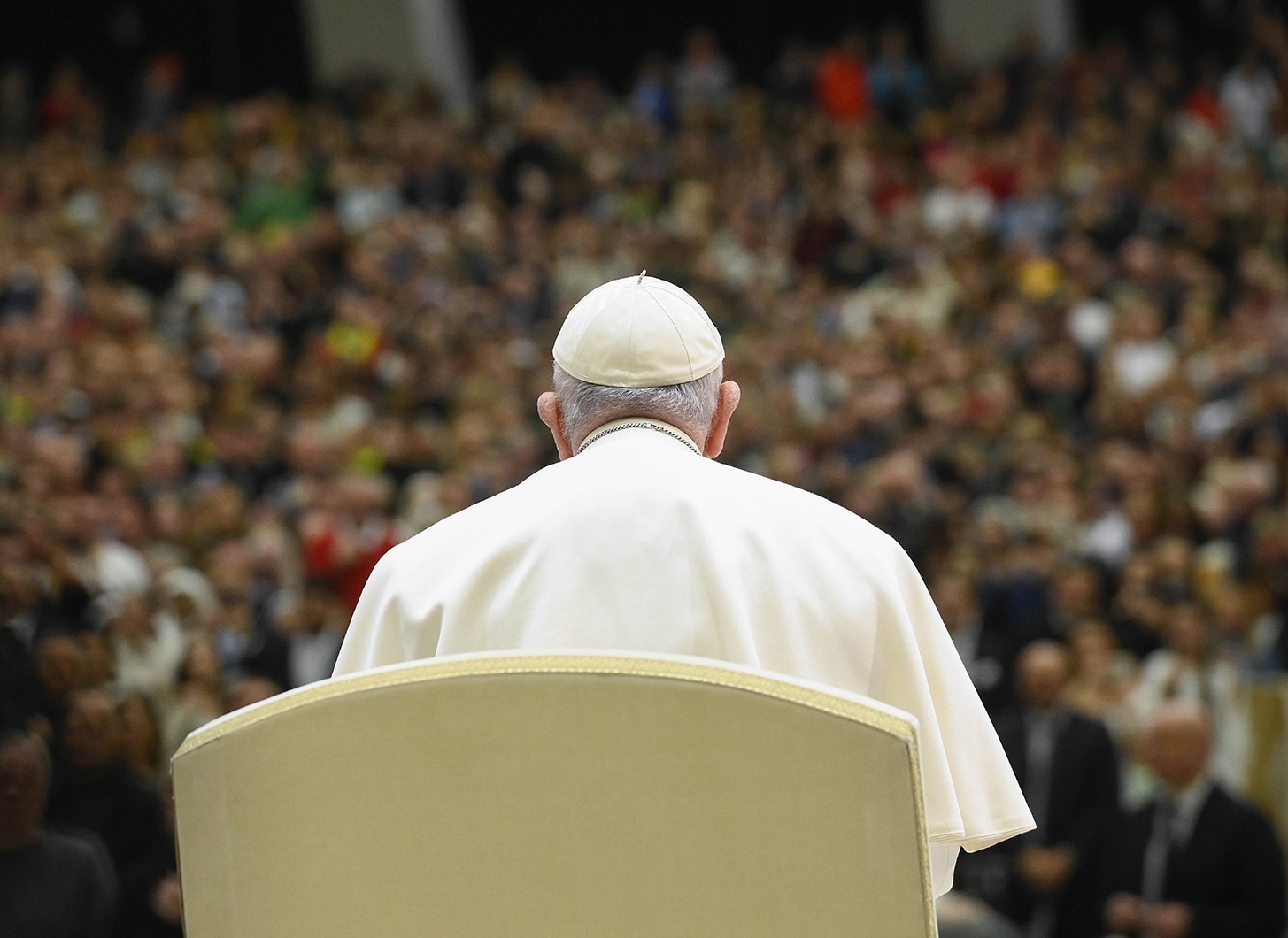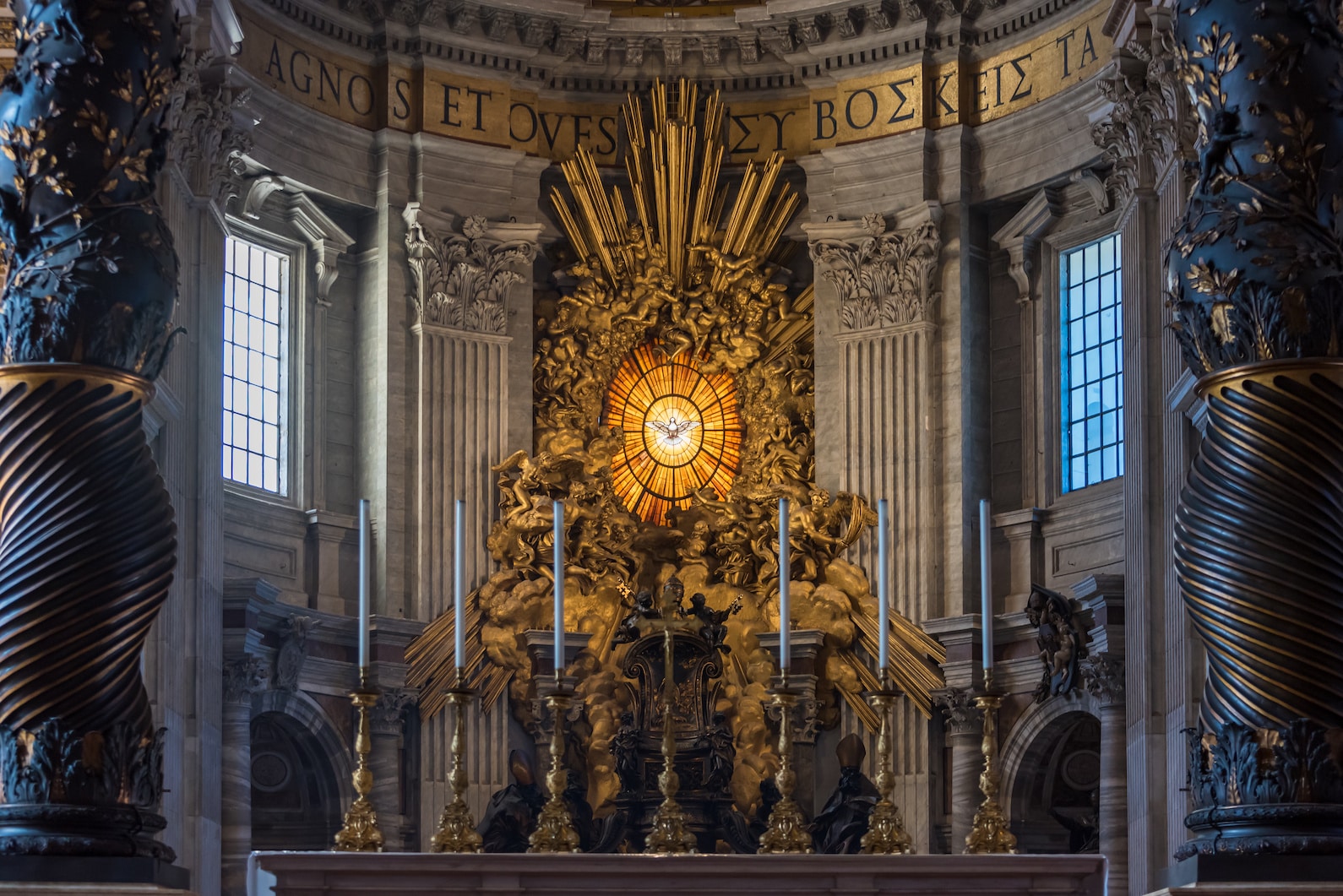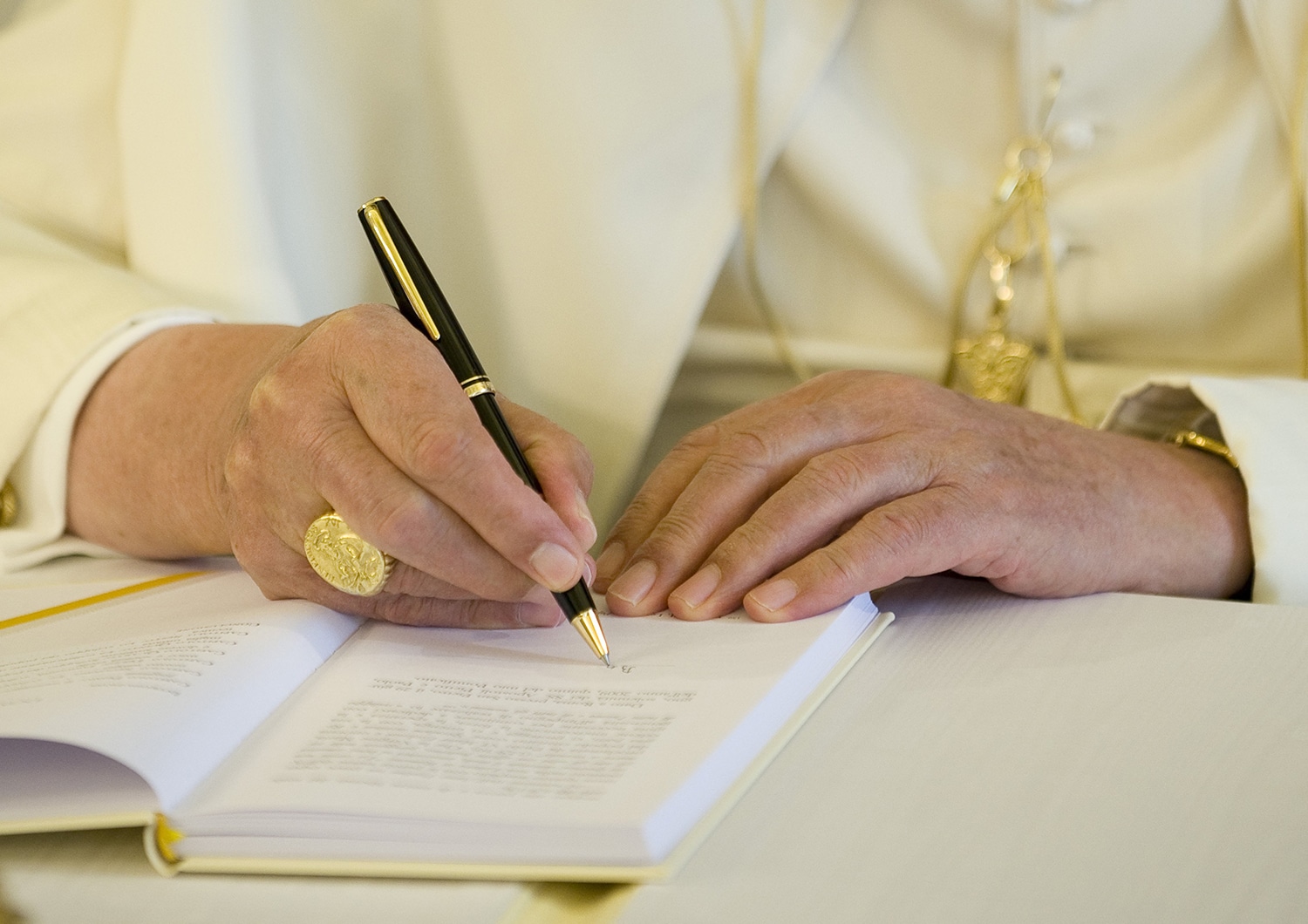Some European bishops have declared that at the synod now underway in Rome, they will urge Pope Francis to change certain Church views usually seen as unchangeable, shocking more than a few Catholics.
If dismayed, it might help to realize what situations confront these bishops at home, not for making excuses or taking their side, but as an opportunity for Catholics in this country to consider what is happening already, what seems to be affecting the future, insofar as religion is concerned, and what might be done about it.
Trends in Europe
The current condition of religion in Europe may reveal the future of religion in America. When it comes to culture, the way people think and act, and how they judge things in life, it is good to remember that often, although not always, Europeans have begun a process. Americans have followed.
If this is happening now, it suggests a worrisome future for American Catholicism, indeed for American religion, because in Europe, Christians of all traditions — Anglicans in England, Presbyterians in Scotland, Orthodox in Greece, Lutherans in Sweden, and Catholics from Germany to Spain, Ireland to Hungary — are fleeing Christianity, or at least its formal practice.
To be brutally frank, this is happening already in the United States.
As an example, within living memory, attendance at Mass on Sundays was an absolute for American Catholics. People made sacrifices. One elderly man said that during the Second World War, when he was a child, gasoline was scarce, severely rationed. Unable to fuel the family car, his parents led their children, through rain, summer heat, ice, sleet and snow, on a walk of four miles, each way, to their parish church for Mass on weekends.
Nobody saw that as unusual. Catholics simply went to Mass on Sundays.
Innumerable polls have researched Mass attendance today among Catholics. The news is bad. Catholic weddings are fewer and fewer. Marriage infidelity among Catholics is distressingly frequent. What ever happened to sacramental confession? Some say that Catholics have abortions at the same rate as everyone else. Look at racism among Catholics. The list is long.
Look at other Christian denominations. The Southern Baptists, second in numbers only to Catholics in the United States, stagger under charges of sexual abuse of minors and women by its ministers. Methodists are formally, and legally, breaking apart because of differences regarding gender. Episcopalians are declining by the day.
Young people are deserting religion wholesale. The fervor of some still faithful, like the impressive young Americans at World Youth Day recently in Portugal, cannot repudiate the facts.
What can the Church do?
Many bishops at the synod are at wit’s end. Believing that the way to salvation is by following Christ in the institution of the Catholic Church, and having seen tyranny firsthand, they know how sweet the infusion of the Gospel into life on earth is.
So, some have come with questions. What can the Church do? How firm is Church teaching regarding same gender relationships? Have current opinions in science altered the fundamentals once applied to the morality of such relationships?
What about divorced Catholics who have remarried? Are tribunal processes efficient? Do many understand what they are doing when they wed? What do young people want? Why does the Church bore them?
Temptations are inviting. Human nature is weak, human knowledge imperfect. People sin, so often taking their cue from the culture.
If defections occur because certain Church policies are inadequate, perhaps ineffective Catholic education, a mishandled or unnecessary policy, or Church leaders who act in a manner inconsistent with the model of Jesus, whatever, the Church solemnly is obliged to correct the situation, hence the pope convened this synod to look at realities and at Church responses.
If history is a guide, the synod will hear many voices but then hold onto essentials, reach out to struggling, limited humanity, and continue the Church’s 2,000 years-long mission of bringing Christ to the world.

